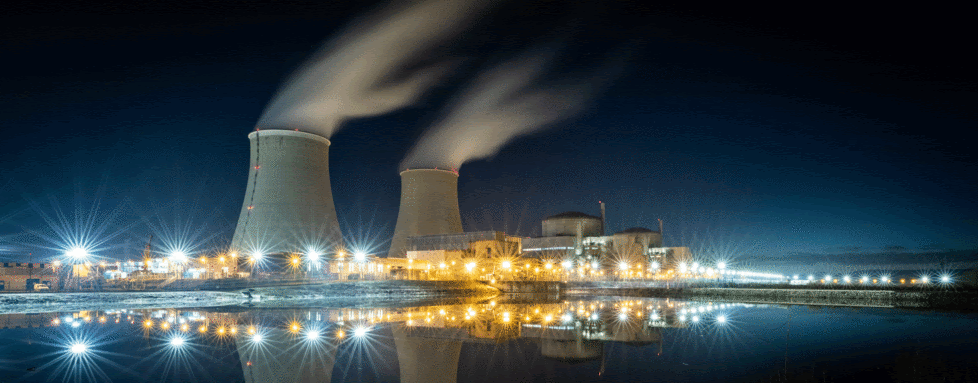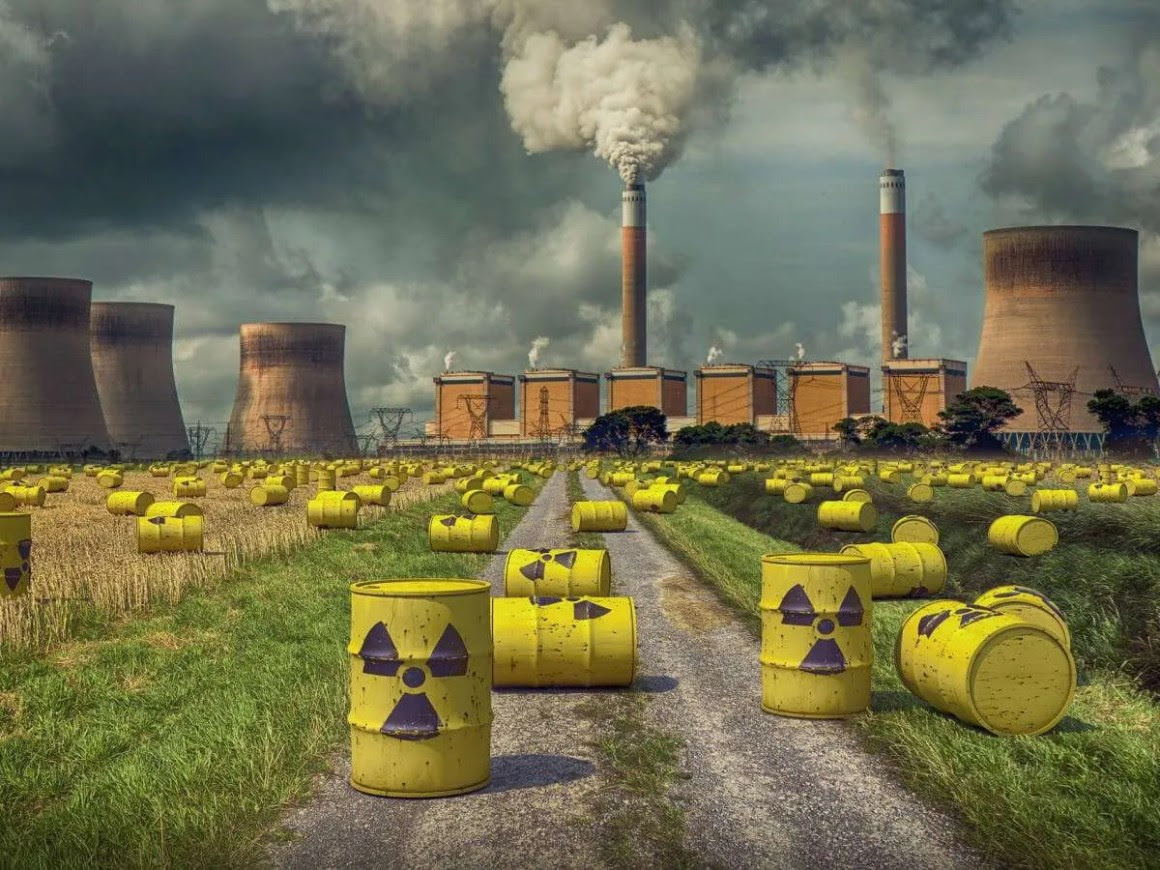Mr. Korosi called on member states to cooperate with the United Nations nuclear watchdog on nuclear security.
The international events of the past year have, in fact, had a substantial impact on the work of the IAEA. “The trend is frightening: the world is facing proliferation risks and nuclear disasters not seen in decades,” he said.
The war in Ukraine has heightened concerns. He said that the IAEA is working hard to respond decisively to the imperatives of the moment to ensure nuclear security and stability in this time of crisis.
The IAEA’s work plan in Zaporizhia, Ukraine, is working around the clock to ensure the safety of Europe’s largest nuclear power plant and prevent a nuclear disaster, adding that IAEA experts are in a unique position to gather up-to-date and credible information on the ground.

Mr. Korosi called on all parties to cooperate fully with the IAEA, reiterating the importance of the IAEA’s impartial and factual information on nuclear issues.
Concerns about nuclear energy are not limited to one region, however. Measures to erode the nuclear non-proliferation regime are very dangerous and pose a major threat to peace and security, he added.
Today, as more and more countries turn to nuclear energy to meet their needs in the face of energy shortages, the IAEA’s responsibility is more than ever to work to ensure that nuclear technologies are safe and used peacefully, Korosi said.
Mr. Korosi invited Member States, industry and civil society to engage with the IAEA to answer two critical questions: What are the options when climate change meets an energy supply crisis? What does the science say about the links between nuclear power and the environment? “We have so far only scratched the surface of these questions,” he said.



Comment here